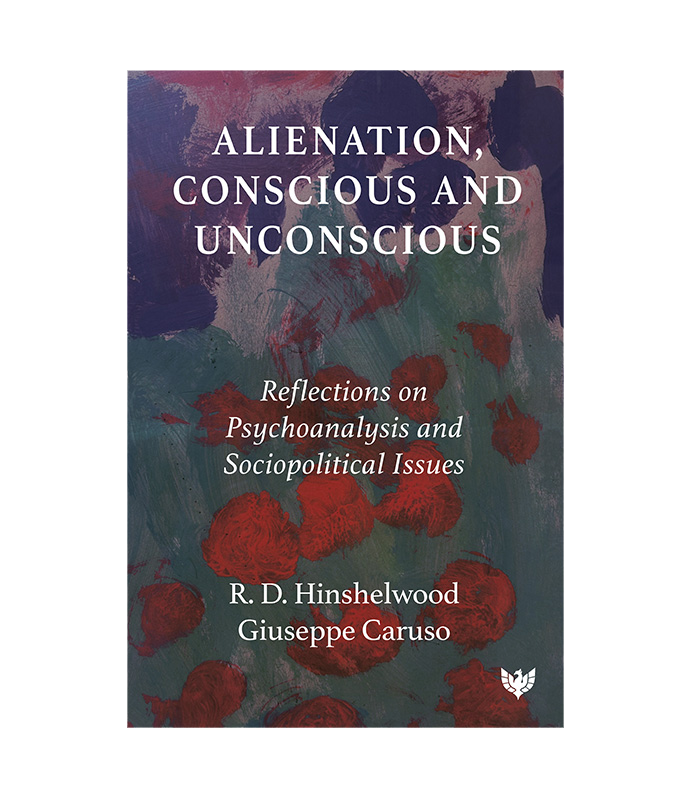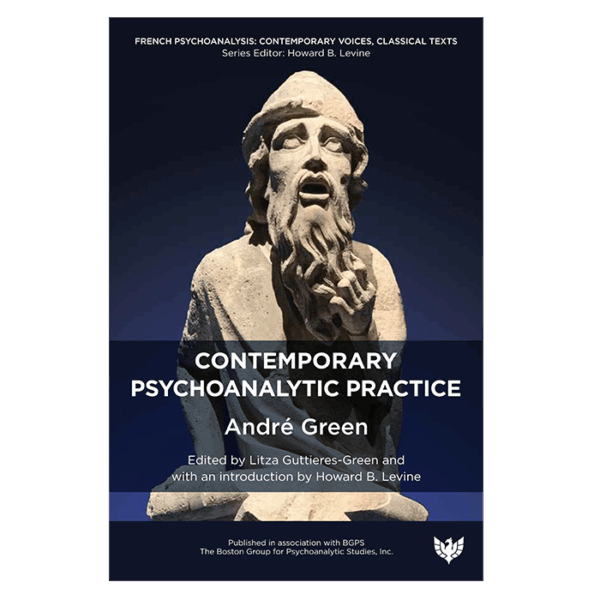R. D. Hinshelwood draws from five decades of experience to present a collection of papers on the relationships between psychoanalysis and politics. Divided into four parts, each chapter begins with a short introduction from the author to contextualise the featured paper and each part ends on an in-depth discussion with Giuseppe Caruso to clarify and advance understanding of the issues raised. They discuss the relevance of psychoanalysis, the science of the unconscious, and the numerous political topics addressed. Politics involves conscious debate but it is inevitably intruded upon by unconscious determinants that key in with social attitudes and issues. Hinshelwood draws upon the theory and work of Melanie Klein, W. R. Bion, and Herbert Rosenfeld, as well as his work with and on organisations and therapeutic communities. His writing is imbued with an acute sensibility to social and political matters and engages not only those with an interest in psychoanalysis but also those interested in the social sciences and cultural studies.






 Giuseppe Caruso
Giuseppe Caruso
Era A. Loewenstein, training and consulting psychoanalyst, San Francisco Center for Psychoanalysis –
‘Drawing on decades of explorations of the interface between the social, the political, and the unconscious, R. D. Hinshelwood, a prolific writer, examines some important topics. These include the idealisation of democracy and how this idealisation inevitably leads to disappointments and grievances. Hinshelwood convincingly shows how disappointment in one’s own self can be unconsciously projected and dumped into other racial groups. He also shows how unconscious difficulties with sustaining uncertainty can lead to the prevailing attraction to conspiracy theories. These kinds of insights are crucial to understanding the rise of contemporary populism and fascism. Hinshelwood’s conversations on these various topics with Giuseppe Caruso, an anthropologist, a social theorist, and a psychoanalyst, add depth and richness to this important book.’
Ian Parker, psychoanalyst, Red Clinic, Manchester, UK –
‘Here is an invaluable guide to R. D. Hinshelwood’s long journey to the core of the intersection between psychoanalysis in the Kleinian “British tradition” and Marxism, a life-work reviewed with the aid of Giuseppe Caruso as an attentive interlocutor, and how we might open our work to clinical and political consequences of rigorously thinking through the nature of alienation in a social context.’
Christoph Schuringa, philosopher, Northeastern University, London –
‘This tremendously stimulating volume stands as a monument to a body of work by R. D. Hinshelwood spanning four decades by gathering together a set of seminal papers through which runs a central concern with the interplay of the psychical and the political, the individual and the collective. The extended and highly engaging dialogues with Giuseppe Caruso interspersed between the papers add further to the sense of animated thought in motion. In all its integrity and unity, the volume nonetheless encompasses a great array of concerns and topics, ranging from (to name but a few) the prospects – in the wake of Freudo-Marxisms of various kinds – for something like a Kleino-Marxism to the relations between projective identification and alienation, between the psychically intolerable and social intolerance, between neurosis and ideology. The work, as well as drawing on myriad insights from Klein and the wider psychoanalytic literature, makes crucial use of clinical material in a set of highly subtle and far-reaching arguments. The result is essential reading for anyone concerned to discover how the psychical is political.’